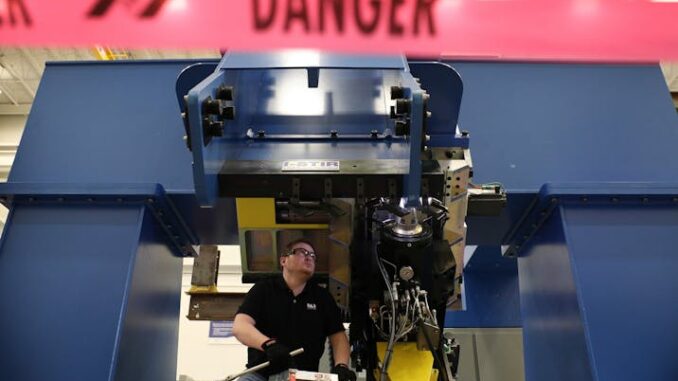
Hibbing Fabricators, a thriving manufacturer on Minnesota’s Iron Range, has enjoyed four years of remarkable growth, with sales surging 60% thanks to increased orders from Cirrus and other aircraft companies.
The business, which employs 37 workers to produce high-precision aluminum, steel, and copper parts, recently hired five additional employees to keep up with demand. However, co-owner Rally Hess is now facing uncertainty as President Donald Trump’s 25% tariffs on imported steel and aluminum threaten to disrupt the company’s momentum.
While Hibbing Fabricators sources its sheet metals domestically, some of its customers send the company’s custom-made parts to Mexican factories for assembly before returning them to the U.S. for final production. Hess fears that the tariffs could reduce demand for his products, as increased costs ripple through the supply chain. “Ultimately, you and I as consumers are going to pay for any of this stuff,” Hess warned.
His concerns are shared by many Minnesota manufacturers, according to Bob Kill, CEO of Enterprise Minnesota, a manufacturing assistance group. Beyond potential disruptions in supply chains, companies that rely on imported metals are also grappling with rising costs, adding further pressure to an already complex situation. As the tariffs take effect, the state’s manufacturing sector faces a challenging road ahead.
Leave a Reply